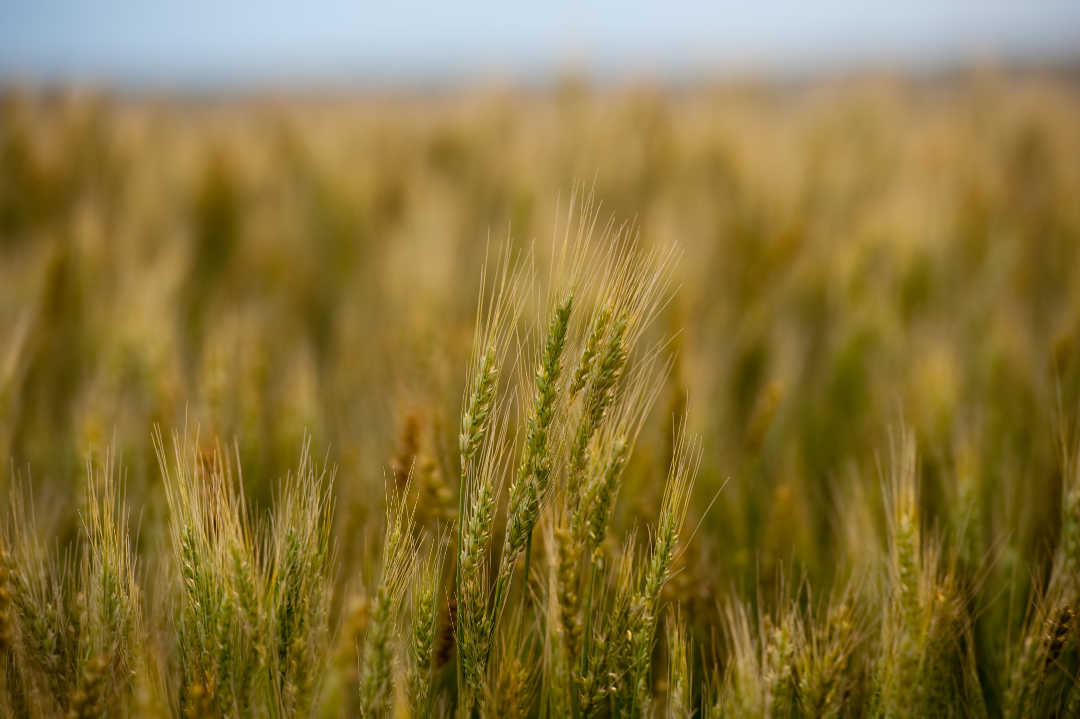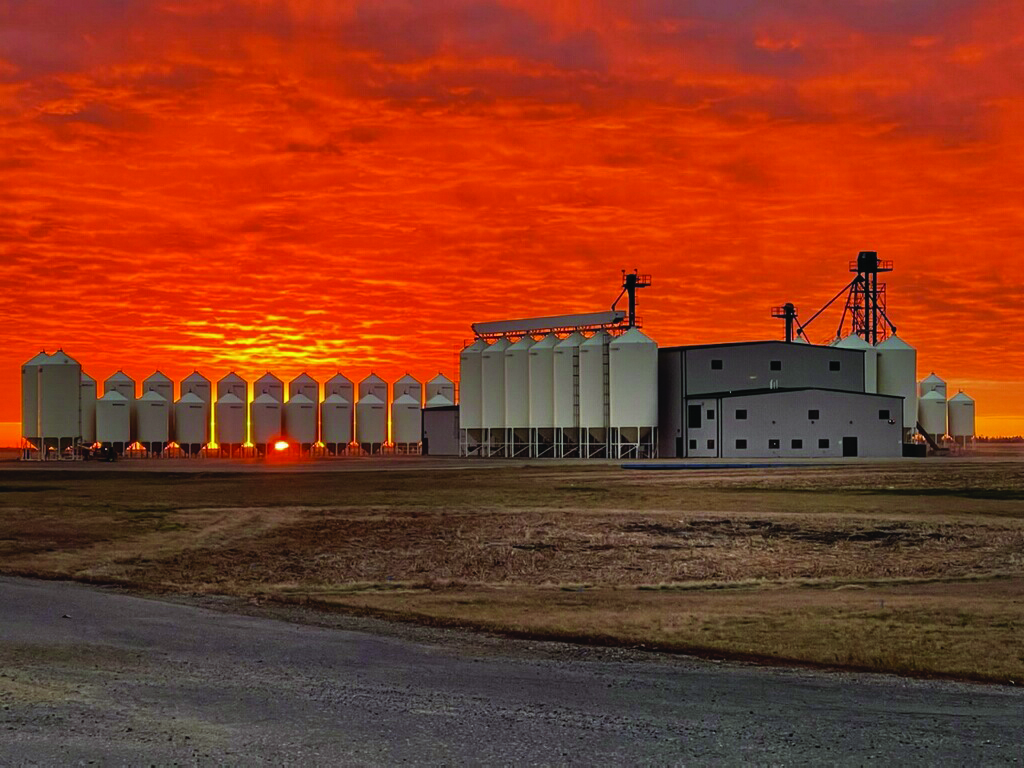Small-scale seed increase and variety development is something that few companies do these days; and I’d like to talk about why we still do it at Genesis Seed Solutions.
One reason is because we can. A lot of companies don’t do these seed increases anymore largely because they don’t have their own land-base and it’s a real hassle for them to get those acres.
I’m an owner of Genesis Seed, and a grower. Small and medium scale increase is done on my farm. We also have an extensive network of growers in West Central North Dakota for increase over 160 acres. It’s easy for us to find a thousand acres with a diverse group of producers for single variety; and I think it’s reassuring for seed companies to know we’re doing all this production in-house, not kicking it out to third parties.
We’ve done a lot of small-scale increase with wheat over the years, starting anywhere from five pounds up to a few hundred pounds. We partner with Vision Research Park, utilizing some of their machinery to do any seed production of less than an acre. Anything above an acre is done with our own equipment.
One of the great things about working with Vision Research Park is that their agronomists scout and select the best acres for each seed variety and keep meticulous records of what varieties producers have had growing on which acres. We have the benefit of their outside verification and not making it the producer’s responsibility. This preserves varietal purity, increases quality and reduces risk.
There’s no question that small-scale increase can be challenging. It’s time consuming and labor intensive both in spring when you must put those crops in timely and then again at harvest when you must take them off. There are times when I’m sitting on the back of a drill at 10:30 at night and I find myself thinking that if I have to ride on that drill for one more acre, I’m not going to make it.
But, as much of a pain as small-scale increase can sometimes be, it has huge benefits for us and our clients. We get to work with new varieties two to three years before they hit commercial licensing, which gives us the opportunity to walk the fields, learning lots of critical information about each variety and allowing us to hand-pick the genetics that work best in North Dakota conditions.
Soybeans alone have a staggering number of varieties, all of which perform a little differently. Having a diverse group of producers grow them within our regional network and observing them year after year ensures we know which varieties grow best under which conditions and can make the best possible recommendations.
We get requests all the time from growers who want to be seed producers and not everyone will work well in our proven system. Having worked with wheat and pulse crop varieties for so many years and now with soybeans, I know that when we make a recommendation, it will be the best one for that producer and their acres.













